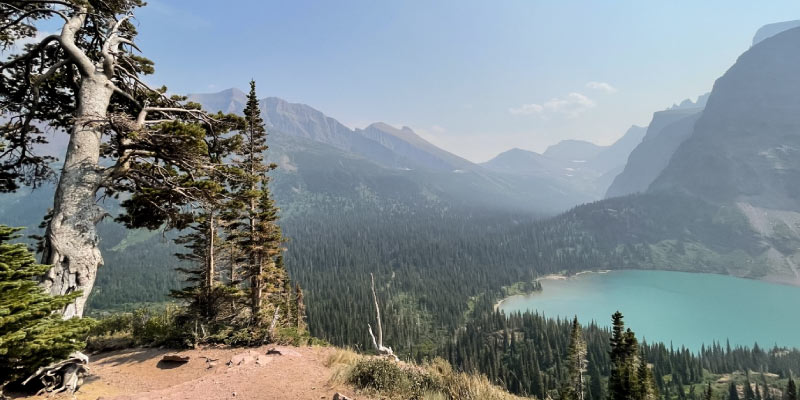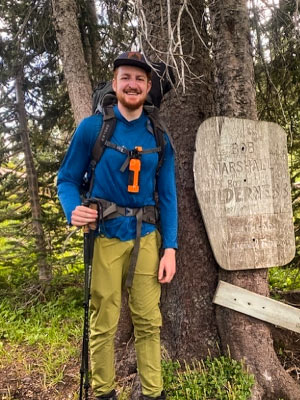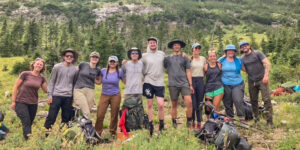
When Nelson Institute undergraduate student Ben Lebowitz arrived at the University of Wisconsin-Madison four years ago, he had one goal in mind; to help the environment. Although the landscape of how he aims to do that has changed with time, Lebowitz’s passion for changing the course of our environmental future hasn’t wavered.
Lebowitz originally sought a degree in environmental engineering, but then switched to environmental science during his freshman year. He eventually landed at the Nelson Institute for Environmental Studies and College of Agriculture and Life Science where he is working towards his degree in agriculture and applied economics. Lebowitz has flourished in his respective programs.

Although he didn’t intend on studying economics in such depth, his combination of majors gives him a framework to contribute to environmental change.
“I didn’t see economics as very powerful or moving by itself, but this combination works really well for me,” Lebowitz said. “I see economics as a framework to view the world in, whereas environmental studies shows us where we want the world to be.”
A natural outdoor-enthusiast, Lebowitz has a strong passion and respect for land and the environment. His passion stems from his interests in the teachings of Aldo Leopold, environmentalist, conservationist, and author of the famous A Sand County Almanac. Leopold was the first professor of wildlife management at the University of Wisconsin in 1924, and his teachings are echoed at the school to this day.
I see economics as a framework to view the world in, whereas environmental studies shows us where we want the world to be.
–Ben Lebowitz
Moved by Leopold’s messages of taking care of the earth and strengthening the relationship between land and its people, Lebowitz has made an effort to inform others of Leopold’s ideas. This fall, he returned to speak at an event for GreenHouse, a freshman living and learning community dedicated to environmental issues.

Stan Temple, professor emeritus, forest and wildlife ecology, College of Agricultural and Life Sciences, environmental studies, Nelson Institute of Environmental Studies and senior fellow at the Leopold foundation gives a talk to the group each year echoing Leopold’s messages of land ethic and ecocentrism. GreenHouse asked alumni of the group to speak as panelists this year, and Lebowitz jumped at the opportunity. He co-taught the lecture this year with Professor Temple.
“I’m excited to show them someone their age that cares so much about this work and show them it’s not just old and dated concepts.” Lebowitz said, speaking before the event. “I think it’s awesome that I get to keep moving Aldo Leopold’s message forward and to get to do it with a community I was a part of is the best way to start out.”
Although he is unsure of where his postgraduate work will take him, he is comfortable in the uncertainty.
“If there’s anything we can take away from the pandemic it’s that we never know what to expect, not even what comes for the next day,” he said.
“I want to be passing knowledge to people. I don’t know what level that will be at but spreading knowledge that’s important for the betterment of our tomorrow is what’s important to me.”
Learn more about the Environmental Studies major and how you can support the program.